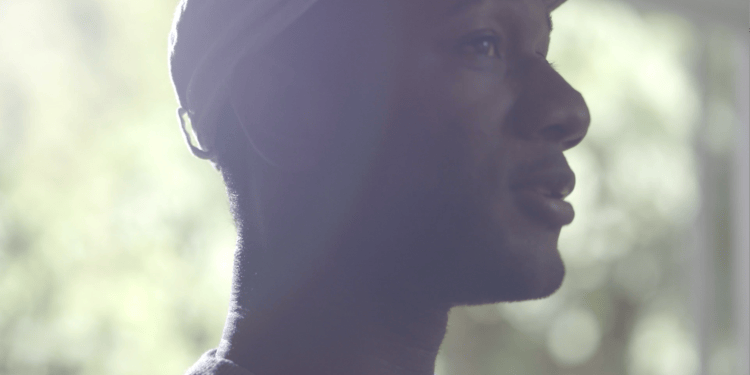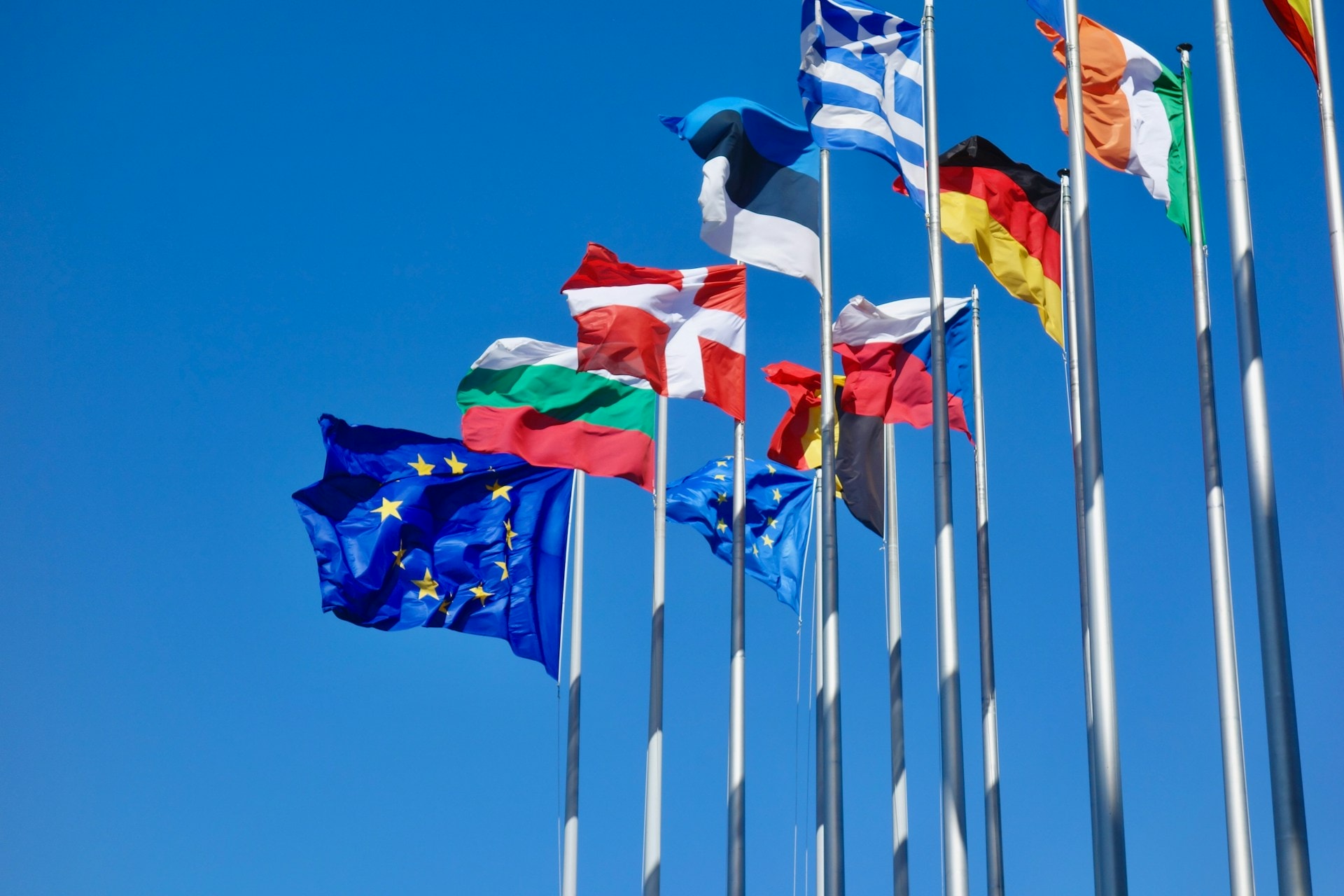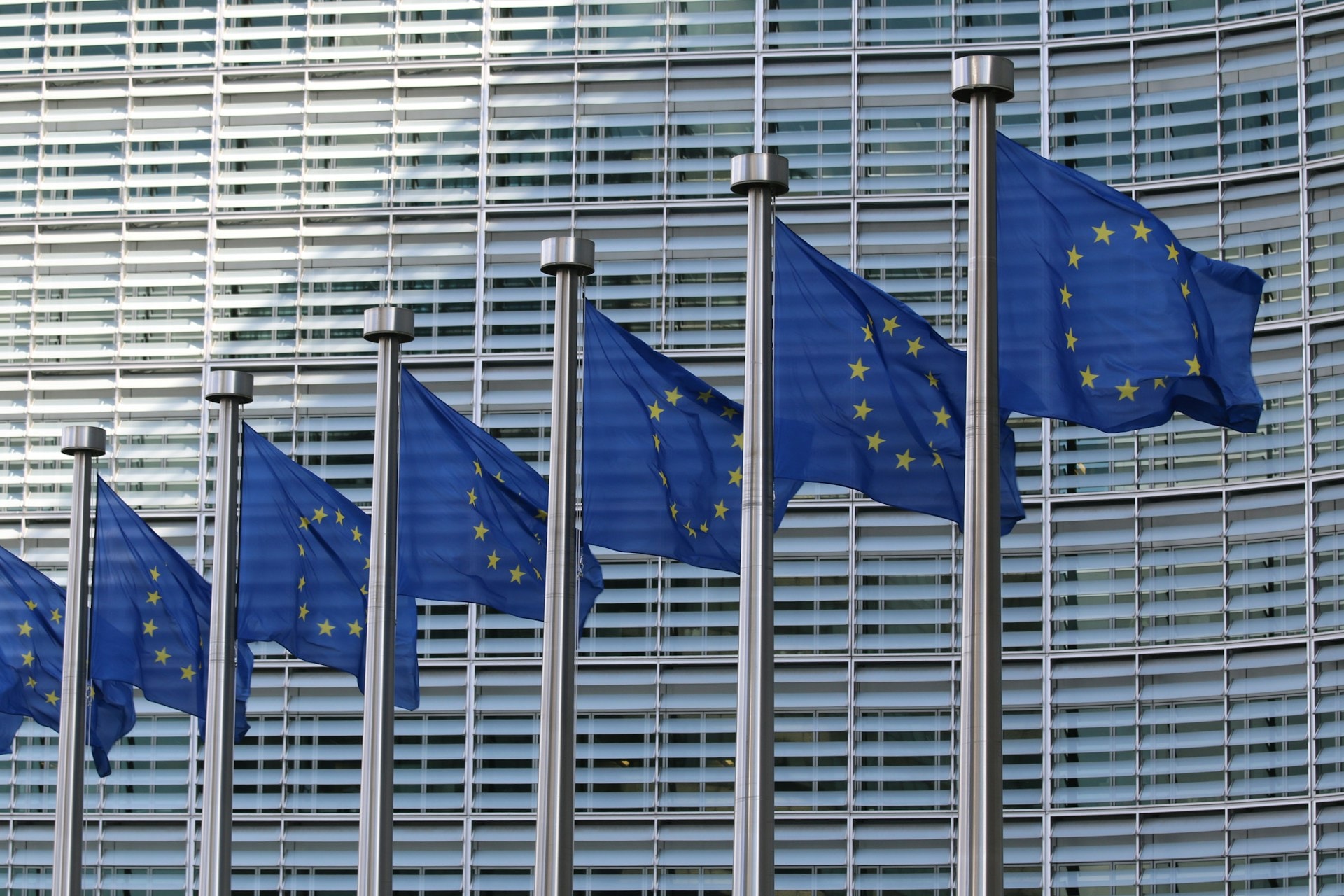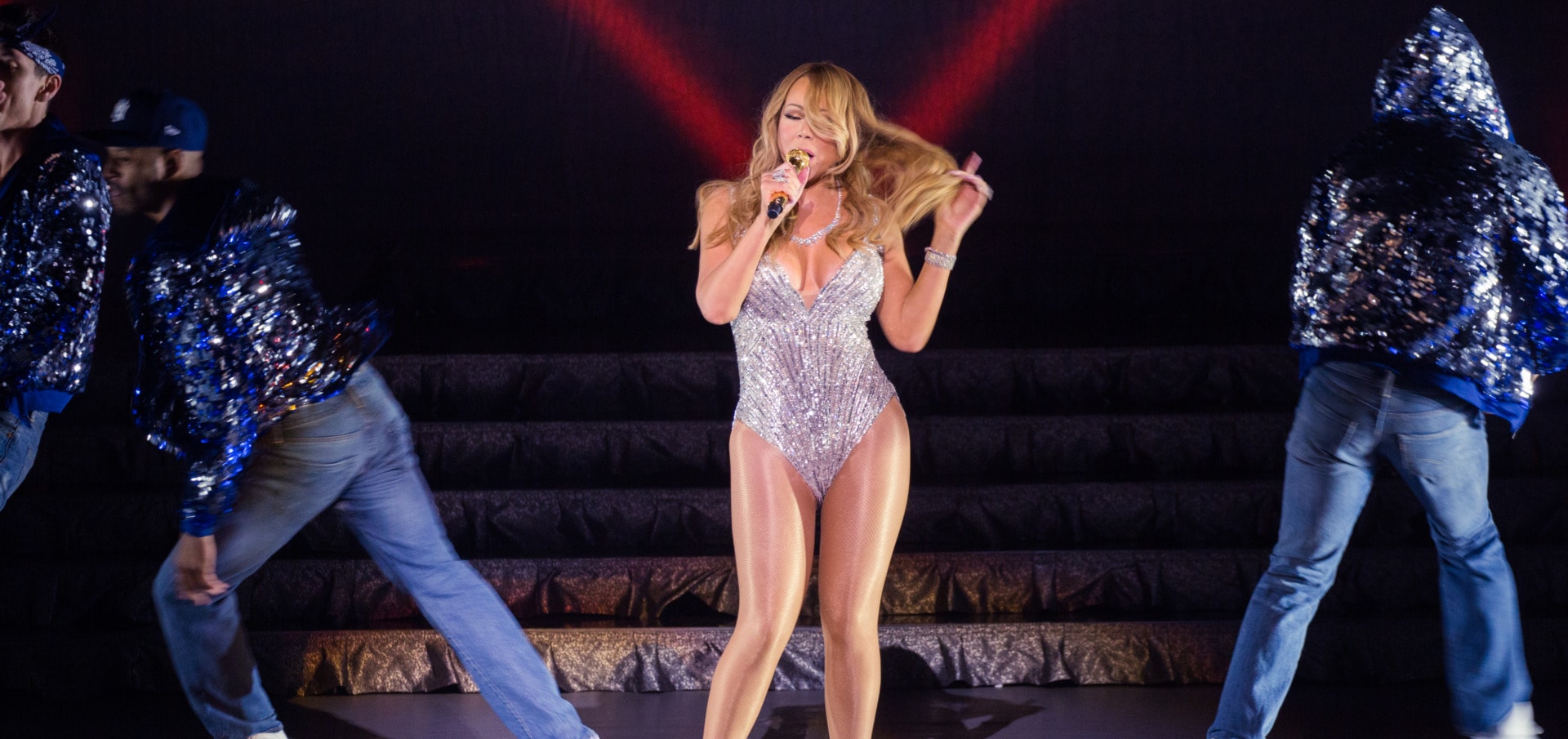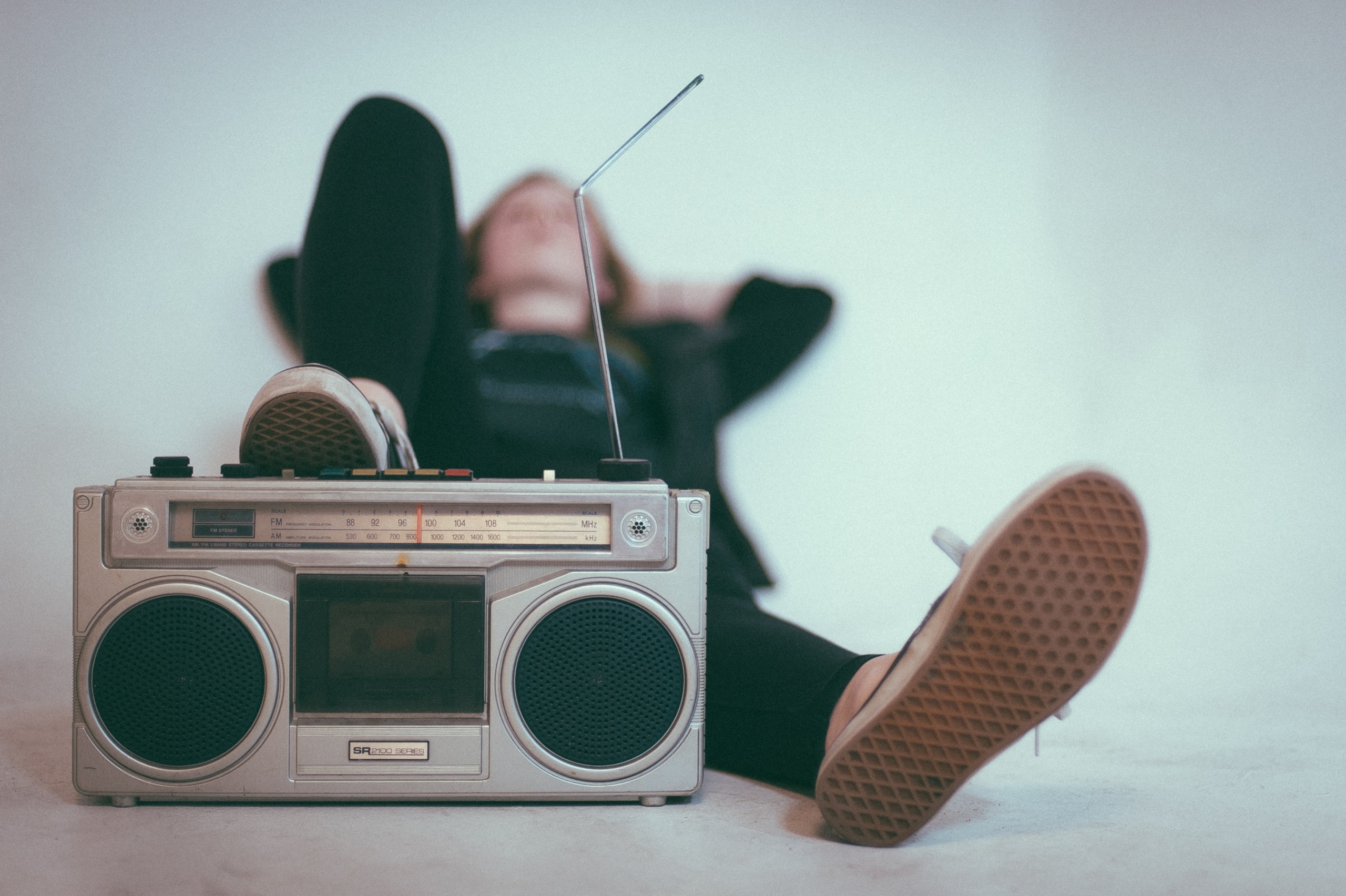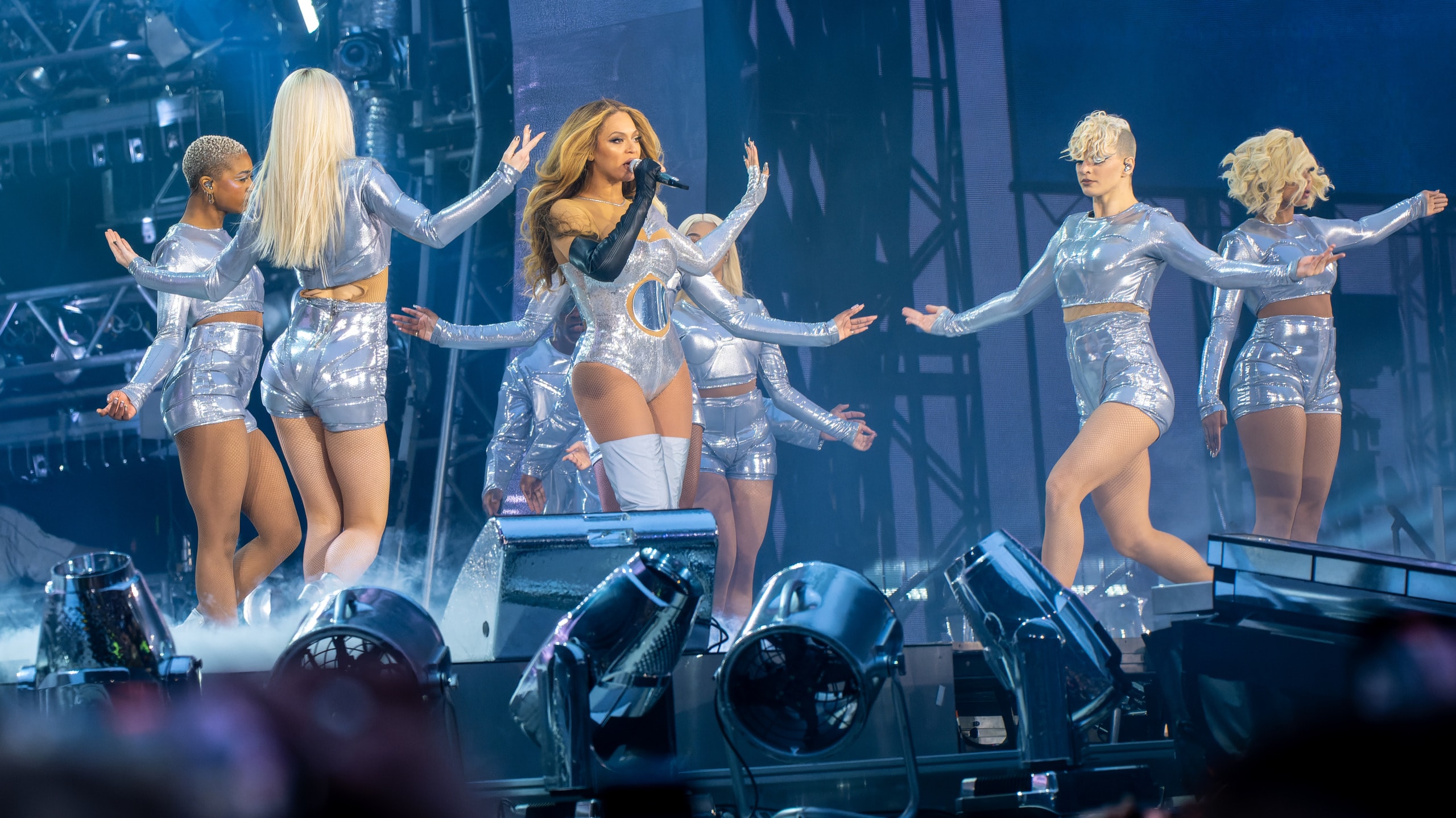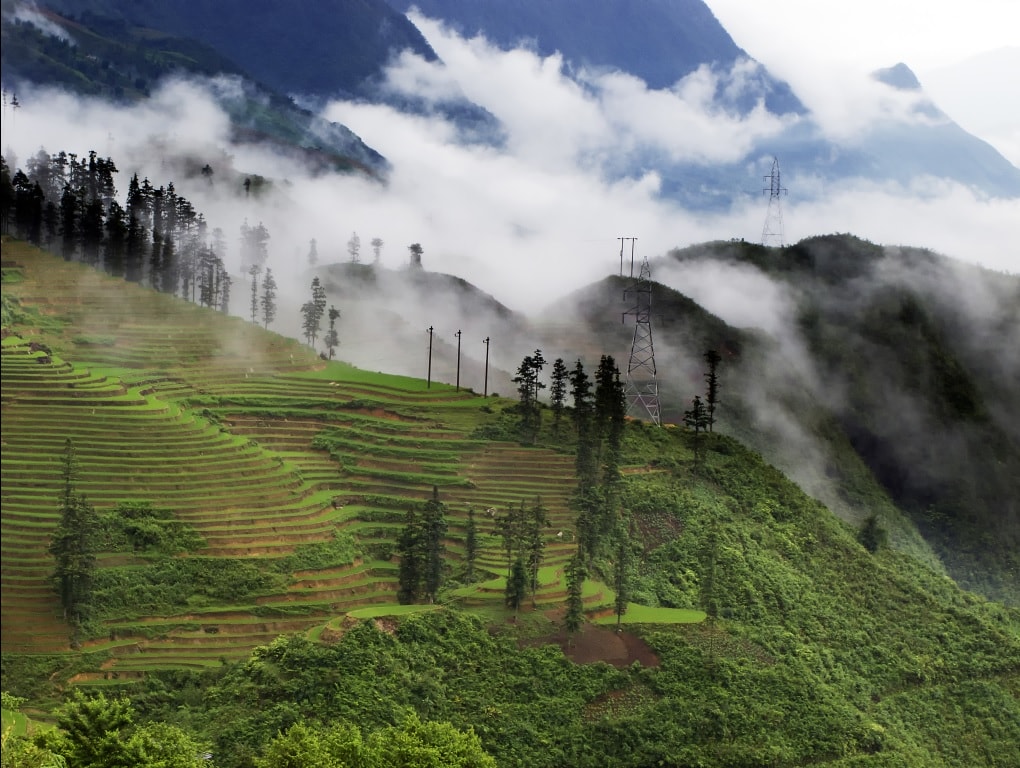Aloe Blacc is an artist renowned for creating music to represent the underdog in society; an artist that has championed various causes including Malaria No More, UK and supported charter schools in Brooklyn. Songs such as “Wake Me Up,” “The Man and I Need a Dollar” are known across the globe and feature inspirational and motivational lyrics that have captured the heart of millions. Now in collaboration with producer, Tom Erba, who was featured on Impakter last October, Aloe Blacc is contributing to Peacefire, the extraordinary project to raise awareness and offer support to the Democratic Republic of the Congo (DRC) through music.
For someone who is unfamiliar with your music, your sound and progression within the industry, how would you describe your musical journey?
A.B.: I started out as a hip-hop artist in the mid-1990s when I was in high school and I worked with a friend of mine named DJ Exile. We created a group called EMANON and, over the years, we started sampling different genres of music which taught me a lot about folk, jazz and classic rock. By experimenting with different styles of music I was able to transition into singing and was signed to an independent label as a vocalist following our album release back in 2005. After that, I was practising and experimenting with various styles of singing and released an album, which was a mixture of hip-hop, folk, dance and RnB. My second album under this label was called Good Things, which was largely classic, throwback soul and that became a successful album for me and led to a major record label signing. I am always trying to experiment with my music, I don’t think it fits in with a particular category other than right now, it is probably more pop at its foundation. Although, because of this experimentation, not everything will be heard by a wide audience; for the purposes of the record label, the music that will sell will be the music that is released and the music that isn’t released, I will share in my own way.
my success as a musician allows me to represent where I started and continue to sing about issues that affect society.
Your songs seem to convey a social or political message and your focus seems to be centered on the underdog in society. How significant is this element to your music?
A.B.: It’s really important to use my voice for positive social change because I have this amazing opportunity to share my music and share my experiences. I have taken that element from artists that I admire such as, Bob Dylan, Bob Marley, even Michael Jackson whose pop songs were largely related to social issues. For me, using my voice to represent the underdog in society makes me lucky, my success as a musician allows me to represent where I started and continue to sing about issues that affect society.
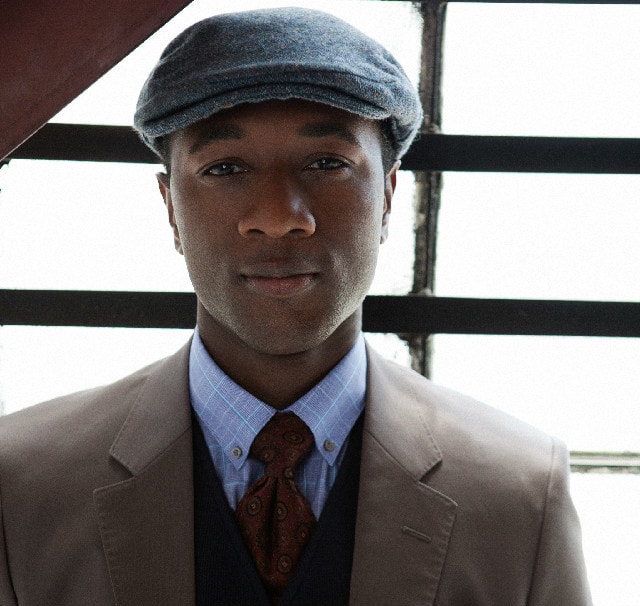
It’s been widely documented that it is a life long goal of yours to be featured in the Songwriter’s Hall of Fame, could you describe the process of your songwriting?
A.B.: Songwriting for me starts in many different ways. It can start with just a melody that maybe I am driving or humming, and then that melody will suggest a theme, and then that theme becomes words teamed with that melody. At other times, it starts with just words and the cadence of the words suggest a particular melody, or, sometimes it is an event that has inspired me to write lyrics and put a song together. I have no set way when it comes to writing lyrics, but having started out as a hip-hop artist, the lyrics come very easy to me especially in the way that I am able to write songs without needing music first.
How important do you think lyrics are to music as a whole?
A.B.: From my standpoint lyrics are as important as the music, but I grew up playing the trumpet so I played a lot of symphonic music in school and listened to a lot of Jazz without lyrics. And, of course, there’s emotion and intention and true craftsmanship in the integrity of the compositions in that style of music, but when it comes to songs, which are a combination of lyrics and music, I think lyrics can be very powerful on their own and capture the spirit without music.
Related articles: “PEACEFIRE— AN INTERVIEW WITH TOM ERBA”
“FALLING WHILSTLES DRC— INTERVIEW WITH ANDRES OLSSON“
Not only have you used social issues as the basis of your music, but you have also contributed to many projects that advocate social change. What was your initial reaction when Tom Erba first came to you with the idea for Peacefire?
A.B.: I thought it was instantly important. I had a relationship with the organisation, Falling Whistles, who have been doing a lot of work in DRC in there help to support children forced to become soldiers, and I have tried to find a way to lend my voice and be constructive in helping their cause. So when Tom brought this idea to me, I instantly thought that it was a great way to humanise people of the DRC and to spread more awareness about conflicts that are happening that are damaging lives and cultures. I also think that the project will help create a positive link between us in the western world and those who are suffering from, what I consider as, the exploits of the western world.
I like to think that my real work is to shine light on central issues and Peacefire is helping me to complete my purpose.
What will be your personal contribution to the Peacefire project?
A.B.: I have co-written and recorded a song with Tom and Rocky Dawuni, which we will then further collaborate on with the added help from Innoss’B in Goma. The song will be performed in Kinshasa alongside the inspiring, Kinshasa Orchestra.
 In the photo: A view of Kinshasa, an area of the DRC the Peacefire team will visit.* Photo Credit: Irene2005/Flickr
In the photo: A view of Kinshasa, an area of the DRC the Peacefire team will visit.* Photo Credit: Irene2005/Flickr
What does it mean to you to be a part of such a far-reaching and significant project?
A.B.: It is my duty. I see my real job as philanthropy and I see music as my fundraiser, my hobby and my craft. I like to think that my real work is to shine light on central issues and Peacefire is helping me to complete my purpose.
How important do you think it is for this project, not only to be shared with the world but to be created within the DRC?
A.B.: We had a lot of discussion about our effect on the Congo and the image we present of the DRC. It is important that the event occurs in the DRC, it is important that there is ownership there within this collaboration. The last thing we want to do is create something that looks like we are crusaders coming to save people. The way for change and development in the DRC has to come from the DRC, but what we want to do is offer support and awareness. A lot of the issues and conflicts that are happening in regions throughout Africa are ultimately driven by capitalistic engagements that are further driven by our own consumerism outside of Africa. Although we want to help create awareness and also acknowledge our responsibility for the current state of the DRC, we don’t want to, in any way, dictate, but only offer support. I aim to stay in the DRC for about four days to meet local people and engage in the project as much as I can.
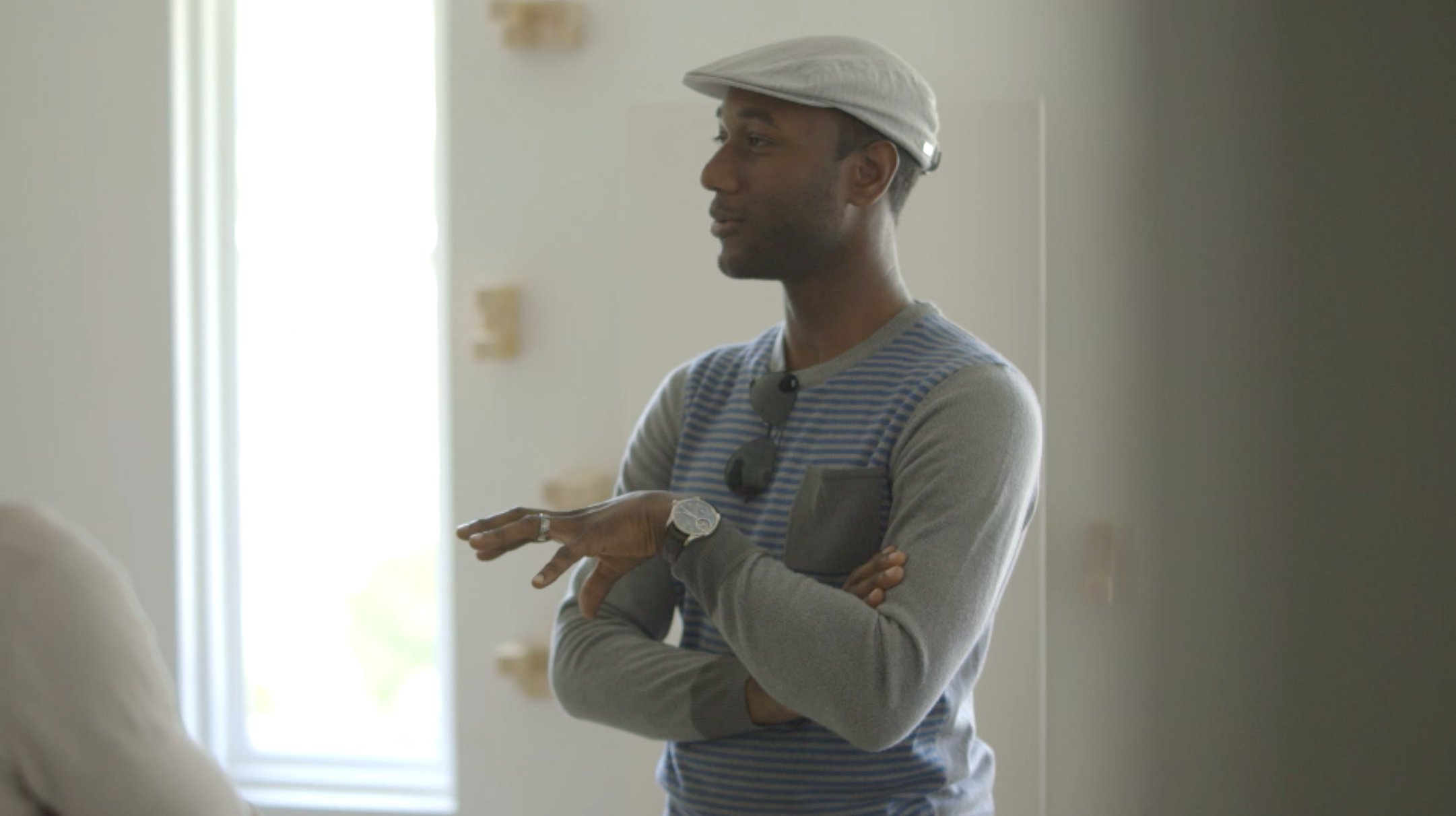
In the photo: Aloe Blacc in a recent Peacefire meeting.
Has the Peacefire project inspired your writing for the forthcoming album in any way?
A.B.: I would say yes, but I think it’s a perpetual inspiration. Working on Peacefire is part of an ongoing personal journey; the next step that informs the future, and so it has given me the idea to engage in ideas for music videos that will tackle issues on the continent of Africa. My first relationship with Africa was with Malaria No More UK, which involved a trip to Ghana, and so this is something I would like to express through music. It is the same for Peacefire, I hope to use the song created to produce a music video in a way that helps raise further awareness after the project, an element I consider to be extremely important.


